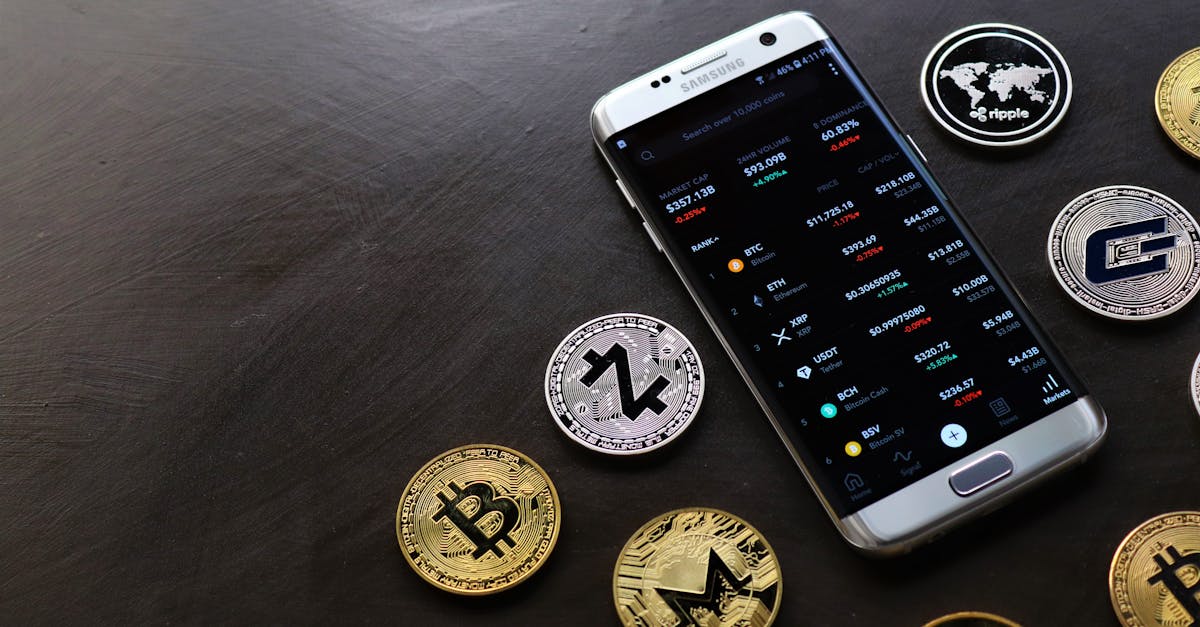Fintech Frontiers Digital Wallet Diaries
Introduction
In the digital age where convenience is king, digital wallets have emerged as pivotal players in the financial technology (fintech) landscape. These electronic payment systems allow users to make transactions via smartphones or web-based platforms, without the need for physical cash or cards. From everyday purchases to international transfers, digital wallets are transforming how we interact with money. As they become more ubiquitous, it's important to understand their evolution, benefits, and potential concerns. This article explores the frontier of digital wallets in fintech, shedding light on their rise, impact, and where they might be heading.
Advertisement
The Evolution of Digital Wallets
Digital wallets have come a long way since their inception in the early 2000s. The initial versions merely stored card information for online use. However, advancements in smartphone technology and internet accessibility spurred a revolution. Today, wallets like Apple Pay, Google Wallet, and PayPal have expanded functionalities, allowing for contactless in-store purchases, peer-to-peer transfers, and even cryptocurrency transactions. This evolution has been driven by the seamless integration of banking services with digital platforms, creating a synergy that appeals to tech-savvy consumers worldwide.
Advertisement
The Benefits of Going Digital
The adoption of digital wallets brings a myriad of benefits that intersect convenience and efficiency. Users no longer need to carry bulky wallets or worry about cash availability. Transactions are completed faster, with a few taps instead of waiting in lines. Enhanced security features, such as biometric authentication and encryption, reduce fraud risks. Plus, digital wallets offer added functionalities like budgeting tools and personalized financial insights, enabling users to manage their finances better. Significantly, these wallets promote financial inclusion by offering banking services to unbanked populations, even in remote regions.
Advertisement
Security Concerns and Solutions
While digital wallets offer enhanced security over traditional methods, they aren't without their vulnerabilities. Cyber threats, data breaches, and the risk of unauthorized access pose significant challenges. However, fintech companies are continually innovating to anticipate these threats. Strong encryption protocols, two-factor authentication, and decentralized ledger technologies such as blockchain are becoming standard practice. Moreover, digital wallets warn users about phishing attempts and allow remote locking if a device is lost or stolen. This constant vigilance and innovation in cybersecurity are essential to build trust among users.
Advertisement
The Impact on Traditional Banking
The proliferation of digital wallets reshapes the landscape of traditional banking. Financial institutions are being compelled to reevaluate their strategies as customers demand modern, digitized solutions. Banks are increasingly partnering with fintech companies or developing proprietary digital wallets to remain competitive. As a result, there's a growing trend toward digital-first banking, where services are primarily conducted through mobile apps. This shift presents both a challenge and an opportunity, as banks strive to balance traditional banking values of trust and reliability with the rapidly changing customer expectations of the digital era.
Advertisement
Global Expansion and Impact
Digital wallets have witnessed exponential growth in global markets, marking significant penetration in regions with high smartphone adoption rates. In developing countries, they play a crucial role in bridging financial service gaps, offering essential banking features to those without a conventional account. Digital wallets facilitate increased economic participation, allowing individuals to engage in commerce, save, and make payments anywhere in the world. This global uptake ensures seamless cross-border payments and aids businesses going international, promoting inclusive economic growth and opening up new markets to both consumers and businesses.
Advertisement
The Role of Cryptocurrency
A burgeoning dimension of digital wallets is their integration with cryptocurrency platforms. Originally developed to handle fiat currencies, many wallets now support transactions using cryptocurrencies like Bitcoin and Ethereum. This compatibility facilitates investment and trading opportunities, drawing a diverse user base interested in decentralized finance (DeFi). As cryptocurrencies gain mainstream acceptance, the integration with digital wallets is poised to redefine traditional notions of currency use, savings, and investment. However, regulatory debates continue to shape how these integrations unfold, impacting their adoption and functionality.
Advertisement
Challenges and Potential Adaptations
Despite their advantages, digital wallets face numerous challenges as they pave the way for modern fintech. Device dependency and technological barriers mean that not everyone can equally access these platforms. Additionally, fluctuating regulations across different regions can hinder global operations. Companies are exploring innovations like offline functionality and universal access features to address these gaps. Meanwhile, the focus is on crafting adaptive policies to harmonize regulations, ensuring digital wallets can operate smoothly and uniformly, appealing to broader demographics while maintaining robust security and compliance standards.
Advertisement
The Future of Digital Wallets
As digital wallets continue to redefine financial transactions, the future foresees broader integration with emerging technologies. Concepts like AI-powered financial advice, smart contracts, and IoT-enabled transactions are on the rise, promising enhanced personal finance management and a cashless, seamless economy. Society's ongoing digitization, propelled by a pandemic-driven move to contactless payments, signals a future where digital wallets are intrinsic to everyday life. While challenges remain, continuous innovation points toward a more connected and user-oriented financial ecosystem.
Advertisement
Conclusion
Digital wallets are revolutionizing the way we interact with money, offering unmatched convenience, security, and accessibility. As an intrinsic component of the fintech sphere, they are propelling unprecedented changes in global finance. With continuous technological advancements, they hold the promise of bridging financial gaps and redefining economic participation. While security and regulatory challenges persist, ongoing innovation and adaptability ensure their continued relevance and growth. In navigating the fintech frontiers, digital wallets exemplify the transformative potential of technology in democratizing and modernizing financial services.
Advertisement








